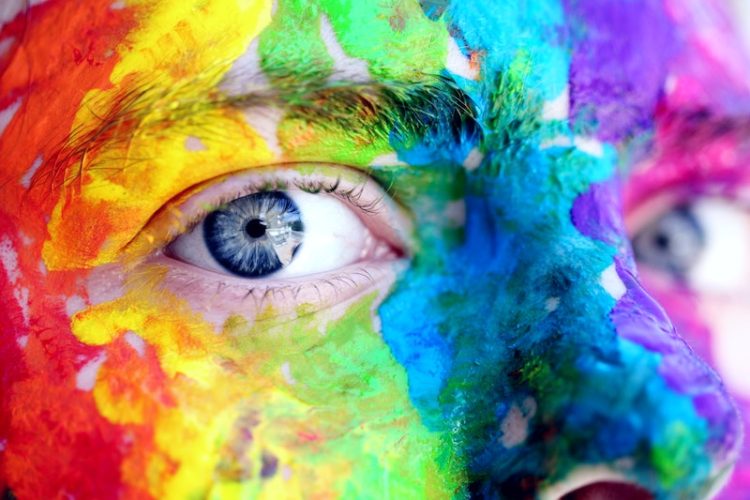The Impact of Using Colour in Advertising
The human brain receives signals faster through the eyes rather than ears. Visual appearance is supposed to be more appealing when compared to any other senses, no matter what the medium of presentation is. So, there are methods by which one can increase the visual appeal. Other senses facilitate visual appeal, and are also important to concentrate on.
A typical example is colour when accompanied with audio, and writing. According to a study, big budget companies spend billions in the colour market research, which helps in product and packaging development. Colour, along with content, helps to pertain the interest of the visitor and makes him surf the website longer. A colourful article will make the reader read it until the end. Colour makes things look more appealing.
Behavioural Influences
Colours are known to influence the behaviour of a person. Blue is said to have a relaxing effect. Red represents passion and love. A dating website could have red as the background colour. Fast food restaurants have bright picture of food beautifully decorated pasted on the walls. This tempts the taste buds of the customer and the customer orders the food & eats. And this is exactly the reaction expected.
Light effects can also be used to play with the mind of the on-looker. Advertisements, especially for food products, have strategically placed lights. The light effects trigger the hormones in the brain, which increases the hunger. If the same is placed in a slightly dim light, it won’t be equally tempting.
Countries around the world have different cultures that relate a colour to an occasion or emotion. Climatic conditions also attribute to this. Like in America, people relate black to death and where as in Asia, white is related to death. People living near the equator like warm colours and people living nearer to the poles like cold colours.
What Certain Colours Represent
It’s a must for any advertiser to have the knowledge about the benefits of the colour in advertising and what they refer to. Black stands for elegance, sophistication, seduction and mystery. White stands for peace, pure, clean, mild and youthful. Gold stands for prestige, luxury and elite. Silver stands for prestige, scientific and cold. Yellow stands for warmth, happiness and cheer. Orange stands for warmth, playfulness, and vibrant. Red stands for love, excitement, strength, passion, and danger. Pink stands for nurture, sweet, soft, and security. Green stands for nature, fresh, fertility and abundance. Blue stands for cool, trust, belonging and reliability. And lastly Purple stands for spiritual, royalty, and dignity.
From the advertiser’s point of view, we can conclude that the use of colour in advertising can determine the shopping habits of customers. Black, blue, red and orange attract impulsive buyers. Smart shoppers are attracted to pink, light blue and navy blue colors. Companies use colors in logo, advertisement, etc., to pass the right message to the customer. In the USA, Wal-Mart adverts have a navy blue background and its catch line is “We sell for less”, which means smart customers are their goal. Mercedes has a silver logo, true to its class.
Recognising Your Audience Targets Using Colour In Advertising
Before designing an advertisement, the targeted customers should be recognised and the advertisers shouldn’t use the colours that are their personal favorites but according to the ad campaign. Advertisements for kids should have bright and vibrant colours. Yellow, red, blue and green, which are the primary colours, are the colours, which appeal to kids, which is why parents buy those colours for them. These are the colours represent warmth, trust, reliability, playfulness and security.

